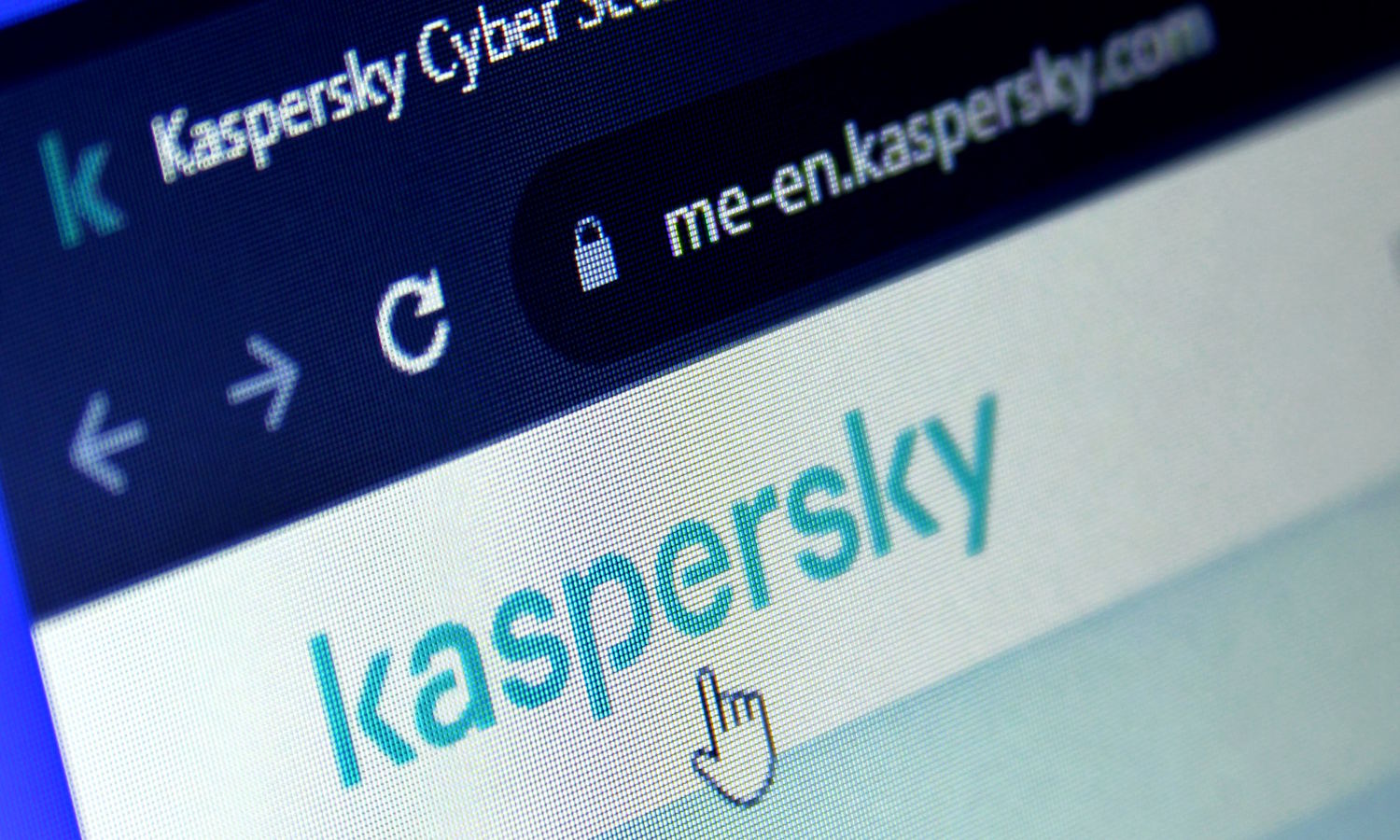
The US is not the only country to ban Kaspersky product because of security concerns
Security firm Kaspersky has suffered a dramatic fall from grace in recent years because of its Russian ties. Around the world, concerns have sprung up that the security software actually poses a security risk.
In the middle of last year, the US government banned the software from being sold in the country -- or even updated for existing users. Following suit, Australia has also announced a ban, citing a "security risk to the Commonwealth". Fears of "foreign interference, espionage and sabotage" were also key factors.

Google removes Kaspersky apps from its store
Google has unceremoniously evicted Kaspersky’s apps from the Play Store. While the Russian security firm insists that the removal is temporary, it comes after the company’s software was banded from being sold in the US.
The move not only means that it is no longer possible to download Kaspersky apps from Google store, but also that existing users are unable to obtain updates. Google did announce the removals ahead of time.

Kaspersky users in the US find themselves forcibly migrated to the mysterious UltraAV
It is not unusual for software to update itself without user interaction; when it comes to delivering security patches and new features this is entirely desirable. But to have an app uninstall itself and replace itself with a different product? That’s not only highly unusually, it’s also worrying.
And yet this is what is happening for users of Kaspersky antivirus software in the US. Having been deemed a threat to national security, the sale of software from the Russian cybersecurity firm Kaspersky was banned in the US. Having promised that its customers would be taken care of, Kaspersky is now keeping its promise but forcibly replacing its security software with the largely unknown UltraAV on US customers’ computers
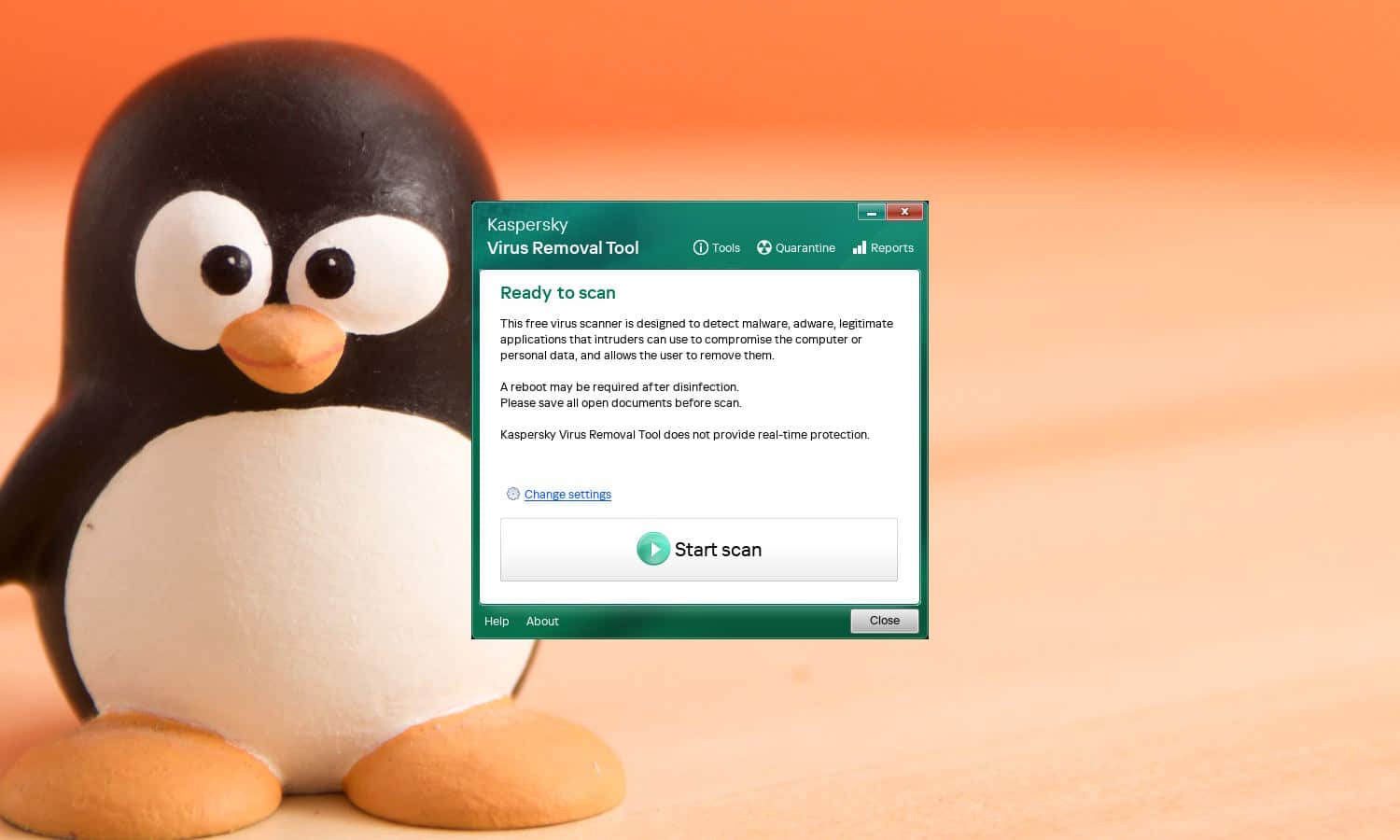
Kaspersky releases a free virus removal tool for Linux-based systems, KVRT
An urban myth used to suggest that Linux was immune to viruses and malware, and is totally secure. This is, of course, nonsense, even if the comparatively low usage makes Linux-based system less likely to be attacked than Windows or macOS.
Highlighting the fact that there is no such thing as a completely secure operating system, Kaspersky has released a new malware scanner for Linux systems. Kaspersky Virus Removal Tool (KVRT) for Linux is a free tool that, although it fails to offer real-time protection, can be used to scan for and remove various forms of malware... albeit with a slight caveat.
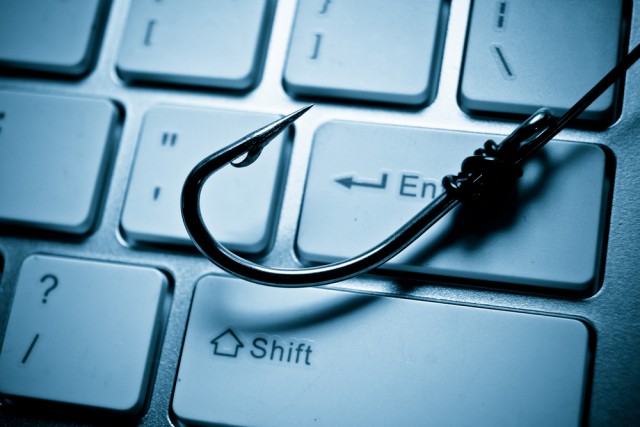
Phishing attacks up 40 percent in 2023
Kaspersky's annual spam and phishing report, released today, shows its anti-phishing system thwarted over 709 million attempts to access phishing and scam websites in 2023 -- a 40 percent increase over 2022.
There's also been a surge in attacks spread via messaging platforms, including 62,127 phishing attempts on Telegram -- a 22 percent increase from the year before. AI platforms, social media services, and cryptocurrency exchanges are the other most-exploited channels.

Cybercriminals looking to score with World Cup scams
With Black Friday and the holiday shopping season this is always the peak time of year for scammers to try to fleece the unwary. But this year there's also the FIFA World Cup in Qatar to add to the mix.
Leaving aside the debate over whether the tournament should have been held in the Gulf state in the first place, researchers at Kaspersky have been looking at the scams aimed at stealing football (soccer for Americans) fans' identity and banking details.

Cryptojacking malware sees a 230 percent increase in 2022
Crypto mining has become incredibly popular with cybercriminals over the past year, growing by 230 percent. It's not hard to see why as it's expensive in terms of machinery and energy consumption, so if you can cryptojack someone else's machine to do it there are healthy profits to be made.
New research from Kaspersky shows that despite the 'crypto winter' which has seen the value of cryptocurrencies drop significantly and the cryptocurrency industry facing a liquidity crisis, criminal activity targeting the crypto industry doesn’t seem to be slowing down.
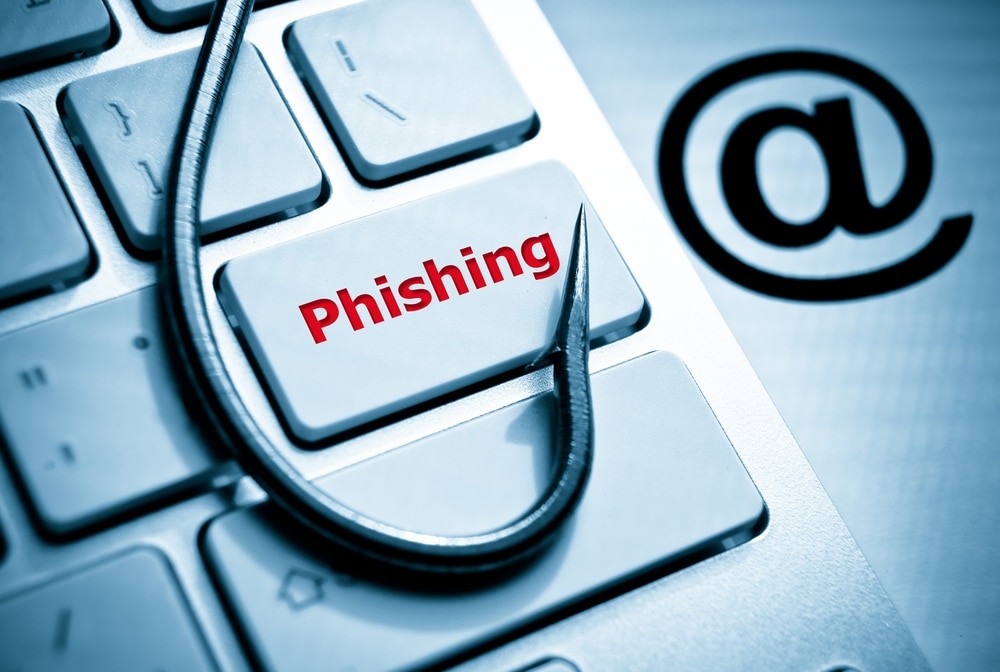
The phishing bait that hooks most victims
Phishing emails referencing corporate issues and delivery problem notifications are the ones most likely to induce people to click links according to new research.
Data on simulated phishing attacks from Kaspersky's Security Awareness Platform shows emails with these subjects were successful in getting people to click 16 to 18 percent of the time.
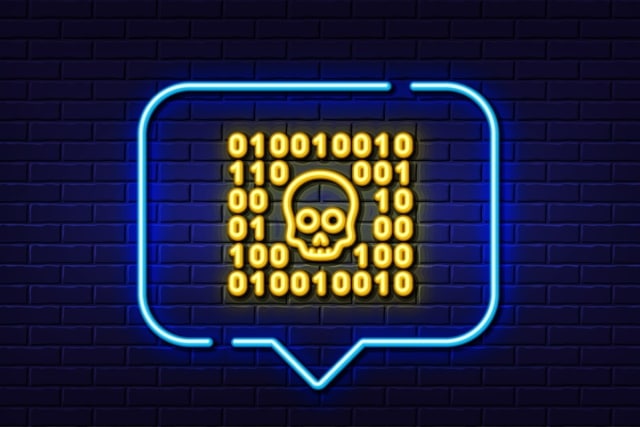
Kaspersky releases free decryptor for Yanluowang ransomware
While the Russian security firm has fallen out of favor in recent months, Kaspersky has announced that it has managed to crack the Yanluowang ransomware.
Yanluowang was discovered by Symantec last year, and now Kaspersky has identified a vulnerability in the encryption algorithm it uses. This has enabled the company to develop a free decryption tool which can be used by ransomware victims to get their data back without having to pay a cent.
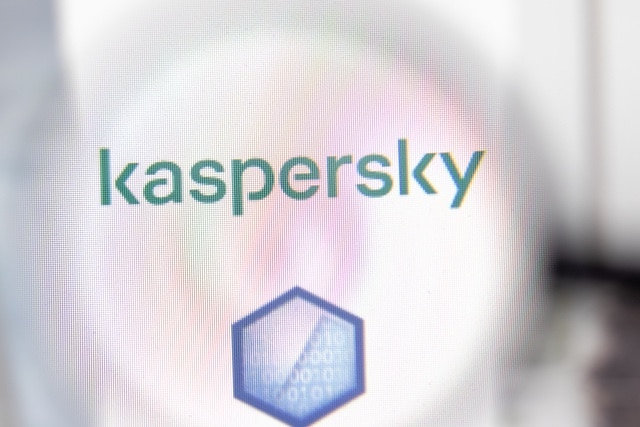
FCC blacklists Kaspersky for posing an 'unacceptable risk to the national security of the US'
The Federal Communications Commission has added Kaspersky to its blacklist in a move that has been branded as political. The FCC says that the Russian security firm has been "deemed to pose an unacceptable risk to the national security of the United States or the security and safety of United States persons".
What this means in practice is that Kaspersky is ineligible to receive FCC funding, joining companies such as Huawei and ZTE. Kaspersky has also been sanctioned by HackerOne, with its bug bounty program being indefinitely suspended.

How neutral is Kaspersky in the Ukraine cyberwar?
Kaspersky has been trying to distance itself from ties to the Russian state for several years, but the invasion of Ukraine has cast some doubt on its success.
The Cybernews site reports that Kaspersky Lab is protecting the resources of the Russian Ministry of Defense along with other high-profile Russian domains including Russia Today, TASS news agency, and Gazprom bank.

New targeted attack strategies used against industrial companies
A new, rapidly evolving, series of spyware campaigns attacking more than 2,000 industrial enterprises around the world has been uncovered by experts at Kaspersky.
Although the malware used in these attacks belongs to well-known commodity spyware families, they stand out from the mainstream due to the very limited number of targets in each attack -- no more than a few dozen -- and the very short lifetime of each malicious sample.
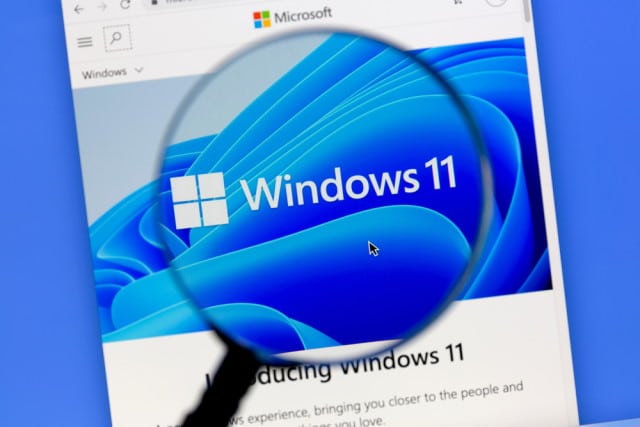
Microsoft releases KB5007262 to fix installer-related app issues in Windows 11
Just yesterday we wrote about an issue with the Microsoft Installer which is causing problems with various apps.
The MSI issue affects a wide range of versions of Windows and Windows Server, and in the case of Windows 11 Microsoft has been fast to act. The company has issued KB5007262 as a cumulative update to fix the recently acknowledged problem with, among other software titles, Kaspersky Endpoint Security for Windows .

More than half of employees have higher workloads when working remotely
A new survey of over 4,000 global IT workers, carried out by Kaspersky shows that 54 percent of employees have reported an increased workload since switching to remote working.
While 37 percent of respondents didn't notice a change in volume, a lucky nine percent note a decrease in work due to new working conditions.
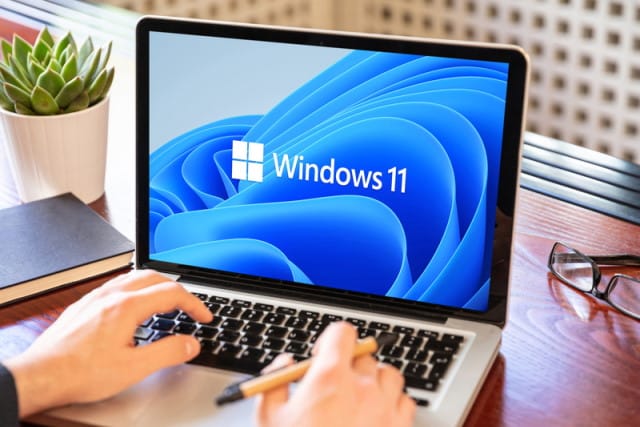
Kaspersky warns about the potential dangers of downloading Windows 11
As with any big-name software that is yet to be officially released, there is not only great enthusiasm about Windows 11, but also a rush to get hold of it by any means possible. While there are formal channels through which to obtain Windows 11 legitimately in order to test it out, scammers are taking advantage of the excitement surrounding the new operating system.
Security firm Kaspersky has issued a warning for anyone thinking about downloading Windows 11. The company urges caution lest users find their system infected with malware and adware, particularly in the light of a 1.75GB file that is currentlyu in circulation called 86307_windows 11 build 21996.1 x64 + activator.exe.
